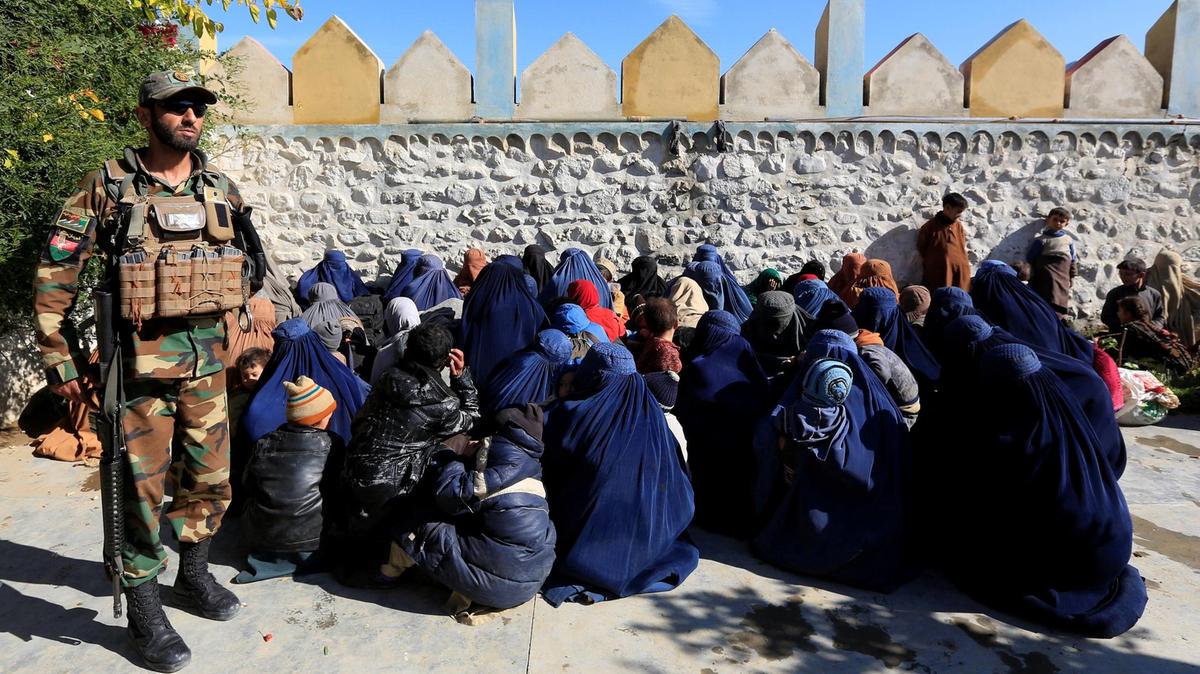Sitting in a dimly lit cell, Mariyam described her journey from growing up as a Catholic in the south Indian state of Kerala to languishing in an Afghan prison as a member of the ISIS affiliate known as Islamic State Khorasan Province.
Mariyam and seven other Indian women who took the same path are being held by Afghanistan’s spy agency, the National Directorate of Security, in the far corner of a prison in Kabul. They were arrested after Afghan forces retook the eastern province of Nangarhar from ISIS in November 2019.
Nangarhar was where ISIS first gained a foothold in Afghanistan in 2015, establishing the reign of terror that it had become known for in Iraq and Syria. Since then the group has carried out scores of attacks on civilian and government targets while also fighting rival militants from the Afghan Taliban. Hundreds of people have died in its suicide bombings, mainly in Jalalabad, the provincial capital, and in Kabul.
“We came here because we wanted to live in a place with Sharia, and nothing else. We were happy here,” said Mariyam, speaking calmly in fluent English while nursing her baby.

She is among the first known ISIS recruits from India, a country that has experienced an increase in religious polarisation since Prime Minister Narendra Modi’s Hindu nationalist party came to power in 2014.
Her departure for Afghanistan in 2016, along with a group of about 20 other young people from Kerala’s Ernakulam district, caused a national furore.
Nothing was heard of them until after their arrest, and Mariyam’s interview with The National is the first time she has spoken to the press since then.
Born Merrin Jacob Pallath, Mariyam changed her name after converting to Islam to marry a childhood sweetheart, also a convert. Now 26, she has been widowed twice since coming to Afghanistan and has two children: a 10-month-old baby and another child, aged 3.
Asked why she chose to join a group with a history of extreme violence, she said: “I had some idea of the brutality, but that is not what was highlighted to us.”
Read full story on The National
